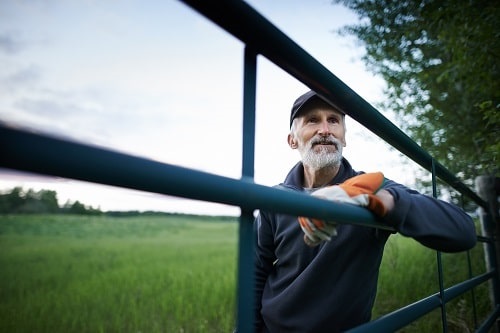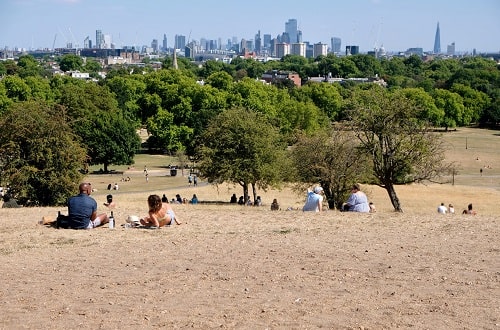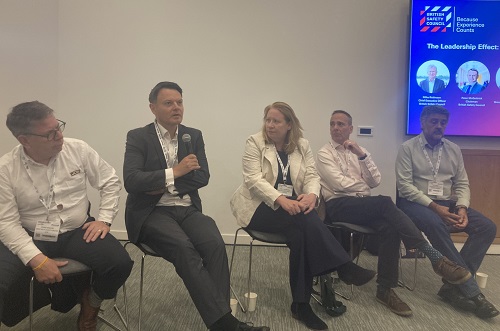The coronavirus pandemic has turbocharged the mental health crisis in young people, according to the Resolution Foundation, following its report into the issue.
News
Young people face ‘double jobs and mental health crisis’
Shortly after the pandemic began, one in two (51 per cent) of 18–24-year-olds experienced a mental health problem, rising from three in ten (30 per cent) pre-pandemic.
In the report, Double Trouble, the independent think tank argues that a twin combination of higher rates of joblessness among young people and pre-existing vulnerabilities, has caused already high levels of mental ill health to soar.
Impact of job loss
Young people are more likely to have been made redundant in the pandemic. Over a third (36 per cent) of 18–35-year-olds who recently lost their jobs rated their mental health as ‘poor’, compared to 28 per cent who had experienced no change in employment, the report said.
 One in two 18–24-year-olds have experienced a mental health problem since the Pandemic began. Photograph: iStock
One in two 18–24-year-olds have experienced a mental health problem since the Pandemic began. Photograph: iStock
Job security of those in work has also played a part. Young workers who were on insecure contracts (such as temporary, or ‘zero hours’ workers) in January 2021 were more likely to report mental health problems than those on secure contracts (37 per cent, compared to 30 per cent).
New problems on the rise
The foundation finds that four in ten young people (40 per cent) who did not have existing mental health problems, had ‘new’ difficulties in April 2020. The incidence of ‘new’ common mental health disorders among 18–21-year olds remains higher than all older age groups – even taking into consideration the impact of recent months on all generations.
A number of studies have tried to explain the rise in poor mental health among young people pre-pandemic, the study said, including cyberbullying and the effect of years of austerity on young minds.
The Resolution Foundation has chosen to focus on work’s impact, particularly the rise of insecure work, such as such as food delivery, or warehouse work, which has grown since the 2008 economic crisis and is more likely to employ young people.
Gen X – happier than Gen Z-ers?
There has been a significant shift from generation to generation. In 2000, 18-24-year-olds had the lowest incidence of any age group when it came to common mental disorders (CMDs) such as anxiety and depression. In 2018/19, 30 per cent of young people had a CMD.
Rukmen Sehmi, senior research and policy analyst at the Resolution Foundation, said: “Young people are facing a double jobs and mental health crisis during the Covid-19 pandemic. These two crises are linked too, with young people who have lost their jobs most at risk of experiencing mental health problems.”
 Young people are more likely to be on insecure contracts, or to have lost their jobs in the Pandemic. Photograph: iStock
Young people are more likely to be on insecure contracts, or to have lost their jobs in the Pandemic. Photograph: iStock
“Worryingly, experiencing these mental health problems today can harm young people’s employment prospects in the future too.”
The Resolution Foundation is urging the government to create new jobs for young people in sectors such as social care and the environment.
It also wants the government to raise standards for workers. For example, to require firms to give advance notice of working hours, and compensation for shifts cancelled at the last minute so that young people have the ‘opportunity to take up jobs that will have positive impacts on their mental health.’
Martina Kane, policy and engagement manager at the Health Foundation, which supported the report, commented: “It is essential that the government urgently recognises that our young people are one of our greatest assets and puts this group at the heart of its Covid-19 economic recovery plans.”
“The country’s future prosperity depends on the health and wellbeing of this age group. We must ensure this ‘lockdown generation’ are provided with the support they need.”
Double trouble: Exploring the labour market and mental health impact of Covid-19 on young people report here
NEWS

Fatal accidents on long-term downward trend, says HSE as annual data is released
By Belinda Liversedge on 02 July 2025
HSE has warned against complacency after its annual statistics released today show that while fatalities have fallen, there are still areas of concern.

"This weather isn’t much fun if you’re stuck in an overheated workplace": heatwave advice for employers
By Belinda Liversedge on 01 July 2025
With Britain facing the first widespread heatwave this summer, the TUC is calling on employers to make sure their staff are protected from the sun and heat. The warning comes as an amber heat health alert has been extended in the South West by 15 hours as temperatures above 30C (86F) are forecast.

“One ill-judged behaviour can decimate a culture”: leaders debate leadership at SHW Live
By Belinda Liversedge on 20 June 2025
“Your behaviour [as a leader] and your words [are so important in creating] a safe space. People underestimate how much [those below you] are looking and watching you [as a role model],” Jonathon Gawthrop, Chair of the MIND charity Mental Health at Work Council said at SHW Live’s leadership panel. “One [ill-judged] behaviour can decimate a culture.”



